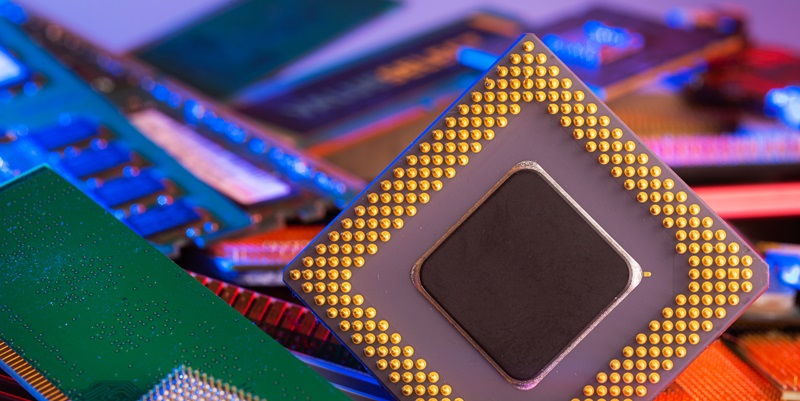The highly anticipated release of the Intel Core Ultra processor has left tech enthusiasts with mixed feelings. After years of hype building up to this moment, expectations were high for a significant leap in power and efficiency. However, initial testing reveals that while the Core Ultra offers a mild uplift compared to previous chips, it delivers solid integrated graphics performance. In this article, we delve into the detailed performance analysis of the Intel Core Ultra processor and explore the gap between expectations and reality.
CPU Performance
The performance of the Intel Core Ultra processor showcases a noticeable improvement but falls short of being revolutionary. Compared to its predecessors, the CPU offers modest gains, failing to deliver the groundbreaking performance many were hoping for. Nevertheless, the Core Ultra 155H model impresses with strong multi-core numbers that surpass the competition across the board. In Geekbench tests, this processor even outperforms the venerable Apple M2 chip, only losing to Qualcomm’s latest offerings.
iGPU Performance
A key highlight of the Core Ultra processor is its strong integrated graphics performance. PCMag’s synthetic gaming benchmarks show clear improvements over the previous Iris Xe-based graphics, indicating Intel’s advancements in enhancing GPU capabilities. However, when tested with actual gaming benchmarks, the iGPU demonstrated limitations, only capable of handling games at ‘low’ or ‘medium’ settings. While it may not match the performance levels of dedicated GPUs, the Core Ultra’s iGPU still offers a decent gaming experience for casual gamers.
Battery Life
One area where the Intel Core Ultra processor shows improvement is in battery life. The Core Ultra 155H model managed to deliver an additional 30 minutes of battery life compared to the same laptop equipped with a 13th Gen processor. While this improvement is commendable, it falls short when compared to the impressive endurance demonstrated by AMD Ryzen 7000 series chips, which ran for over 13 and 15 hours, respectively. Intel still has some ground to cover in terms of optimizing energy efficiency.
The testing and benchmark results of the Intel Core Ultra processor have left the tech community with mixed reactions. While the CPU performance only showcases a mild uplift compared to previous chips, the strong multi-core performance of the Core Ultra 155H is commendable. In terms of integrated graphics, the iGPU of the Core Ultra displays clear gains over its predecessors, but limitations arise when attempting to run games at higher settings. The slight improvement in battery life is noteworthy but falls short compared to competitors. Overall, the launch of the Intel Core Ultra processor has been met with confusion and a sense of unmet expectations after years of anticipation and buildup. Intel still has room for improvement in terms of power, efficiency, and overall user experience. Future iterations of the Core Ultra will likely need to address these areas to truly impress and meet the high expectations set forth by the tech community.

